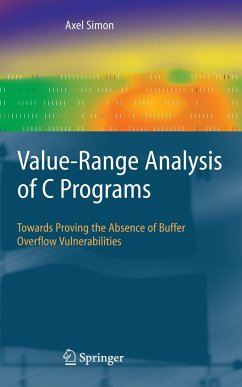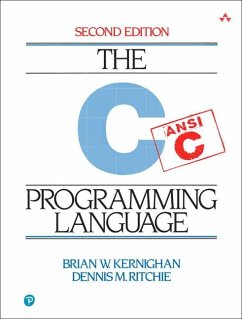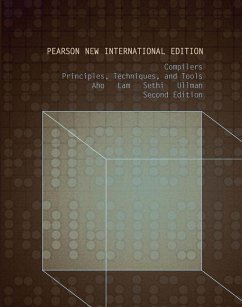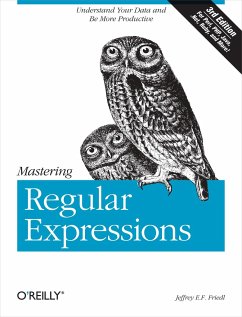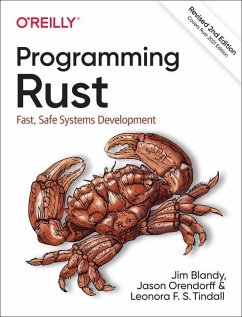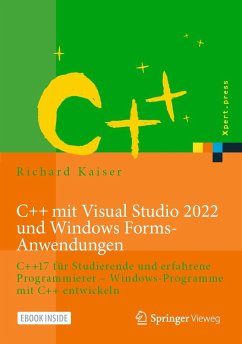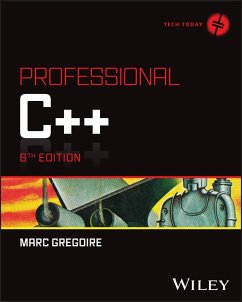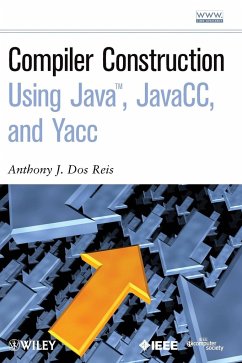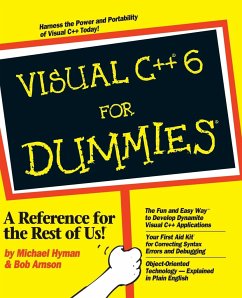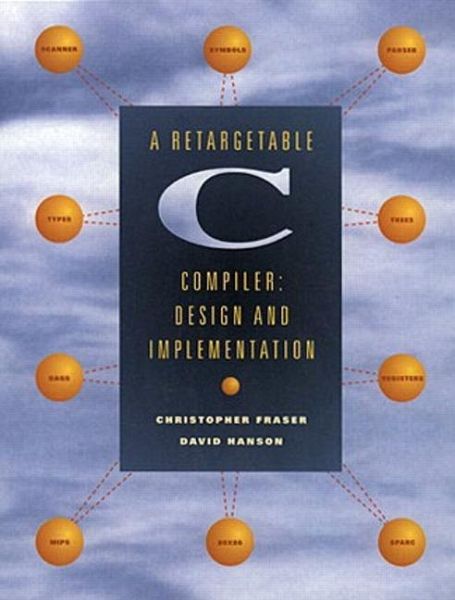
A Retargetable C Compiler
Design and Implementation
Versandkostenfrei!
Versandfertig in über 4 Wochen
63,99 €
inkl. MwSt.

PAYBACK Punkte
32 °P sammeln!
Designed as a self-study guide, the book describes the real-world tradeoffs encountered in building a production-quality, platform-retargetable compiler. The authors examine the implementation of lcc, a production-quality, research-oriented retargetable compiler, designed at AT&T Bell Laboratories for the ANSI C programming language. The authors' innovative approach-a "literate program" that intermingles the text with the source code-uses a line-by-line explanation of the code to demonstrate how lcc is built.



